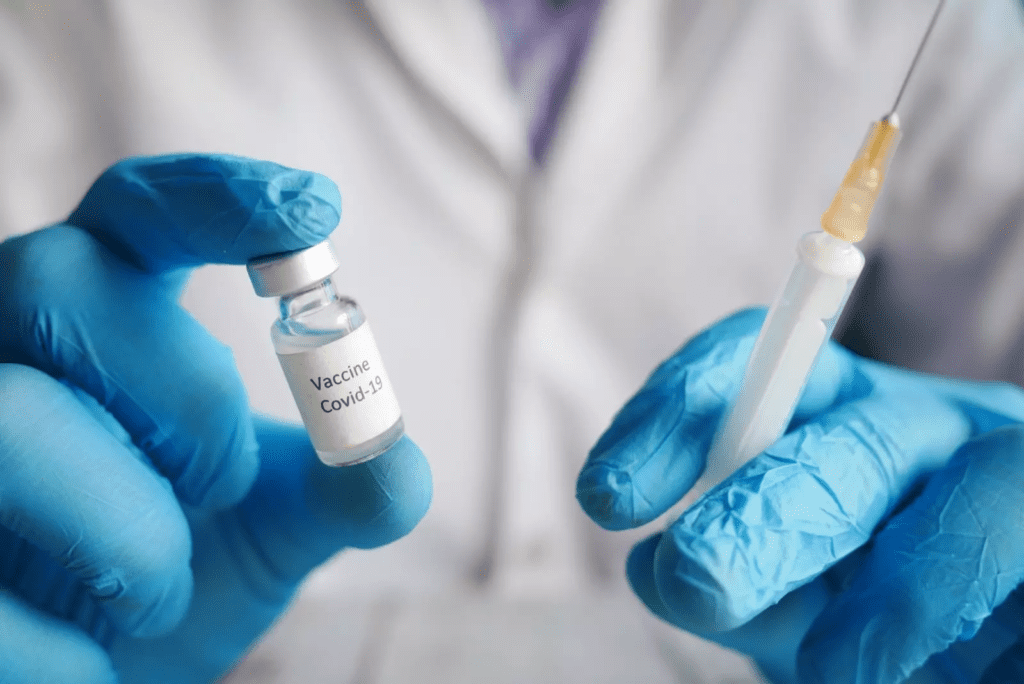The UK now sits on the brink of a critical judgment regarding AstraZeneca’s proposed vaccine plant, with reports that the ruling administration will axe funds that will simply see this investment heading abroad. This article investigates why the UK has to win in securing this investment in order to get growth started for long-term benefits.

The UK is about to take a vital decision around a new vaccine plant proposed by AstraZeneca. The plant in Speke, Merseyside will be key to a major project that could upgrade the country’s vaccine production capability. Recent events indicate the government may slice the amount of financial support available to this project may put the whole deal in jeopardy.
Many governments, therefore, provide financial assistance to assist with the expenditure for major pharmaceutical facilities. Such projects are incredibly costly; expenditure of several hundred million pounds is not uncommon. To incentivize such capital expenditures, support at perhaps 15% to 25% of the total cost is provided. Singapore is especially generous in doing this.
Earlier this year, former UK Chancellor Jeremy Hunt promised, now ironically, to contribute £65 million to AstraZeneca’s £450 million plant. Getting it at 14% of the entire project cost is a bit below average, but still passable to consider. One of the reasons the offer from Hunt’s part is likely to be successful is that AstraZeneca already has immense presence in the UK, with its plants located in Merseyside and a key research center in Cambridge. Losing that project to another country would have been serious, considering the importance of domestic vaccine production in a post-COVID world.
This was under this particular bright light, with all the noise and confidence exhibited towards Britain by AstraZeneca, that in March 2024, the Speke project was announced amid fanfare—with that one line of proviso: “subject to the achievement of mutually satisfactory agreements with the government of the UK and third-parties. Today, five months down the line, and with a new government in place, it has not been signed. The new Chancellor, Rachel Reeves, is looking at cutting the government stake to £40 million — that alone could see the whole deal killed.
AstraZeneca has not commented, and the Treasury has reportedly said it continues to hold “positive discussions” on the deal. But the volatility of the deal is worrying or should be disconcerting. It does not fit with the image Reeves presumably seeks to promote: that of a more substantial base for business growth and private investment. If the deal falls through, significant loss will be incurred for the government. The entire fiasco will harm the UK’s image as a ripe destination for large pharmaceutical scale investment.
She could easily have been accused of simply being financially prudent and rethinking the promises of her predecessor. After all, AstraZeneca is a remarkably successful business; it has a market capitalization of £200 billion. It surely could absorb the loss. But this perspective fails to consider the nature of the pharmaceutical business. Companies such as AstraZeneca have numerous options at their disposal when determining where to invest, and financial incentives play a significant role in this process. To that end, mainland Europe countries would be all too quick to up the ante on £65 million to secure a state-of-the-art vaccine plant within their shores.

The loss of the Speke project to another country would be a serious blow to the UK. It will also set back the strides that have been taken for improved interplay between the administration and the pharmacy firms. Under the Conservative rule, much friction existed between the two, as there was dispute on the subject of research and development tax credits, prescription medicine price, and also the manner in which the NHS is able to perform clinical trials. This resulted in the harm of investment flows in the UK’s life sciences field.
Take the former vaccines tsar, Dame Kate Bingham: she believes that several parts of government were still suspicious of the life sciences sector and did not comprehend long-term importance as of the beginning of 2023. She continued that such short-term thinking was holding the UK back and not getting the best out of the area. In the New Year announcement of the Speke project, there was a real sense that a corner had been turned and a new era of support for the pharmaceutical industry had opened up. This fiasco would quash those hopes.
Treasury says it is committed to turning UK into one of the world’s leading locations in the development and manufacture of new medicines. This is an appreciable target, but unless there is a fund, it would only be words. In actual fact, such a massive project like the plant in Speke would require astronomical shelling of funds. In this case, that advantage goes to AstraZeneca, and the Government of the UK has to work out its psyche if indeed it wants to keep the project within the territories of the country.

The UK is standing at a critical threshold through the AstraZeneca vaccine plant at Speke. In that effect, government funding would make sure the project stays in the UK but not anywhere else. It is incontestable that with such large benefits in terms of having a world-class immunization infrastructure on home turf, the government just needs to close this deal. The reputation of the UK in the leadership of the life science industry is at stake.


